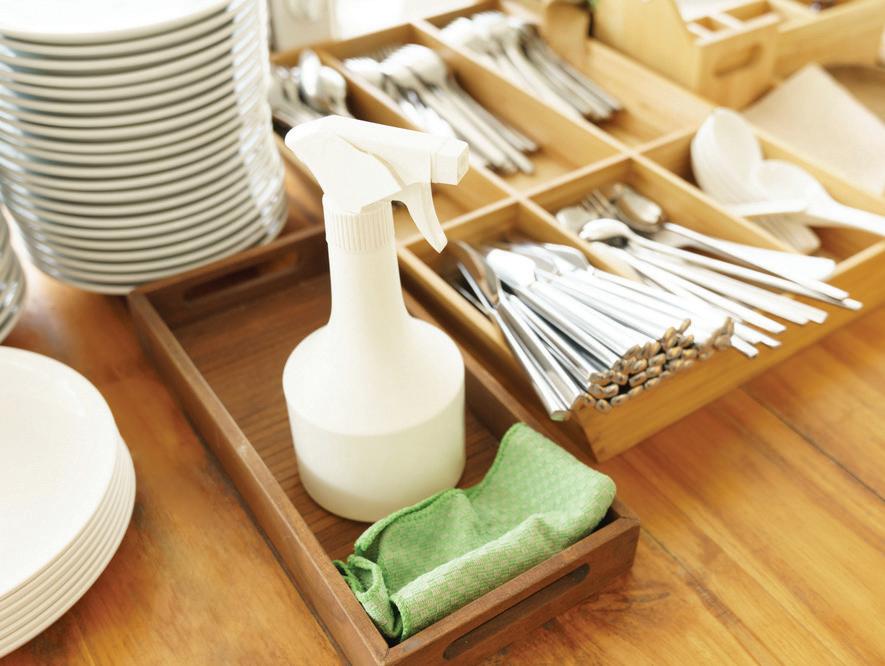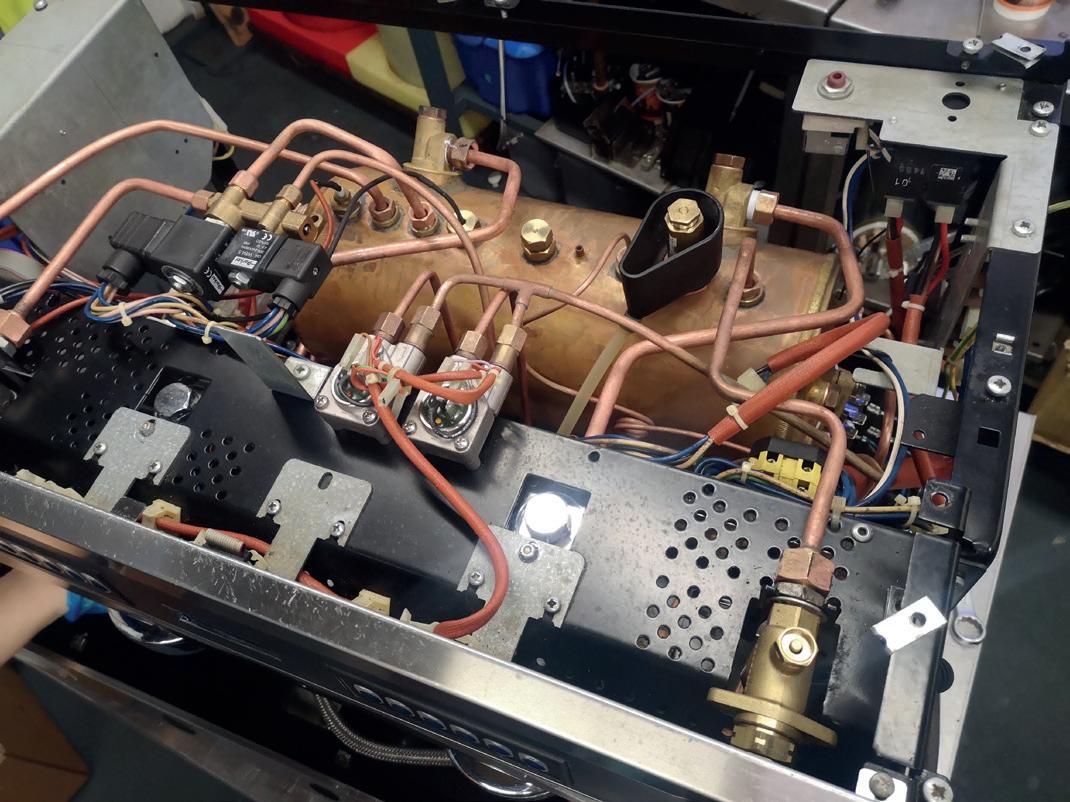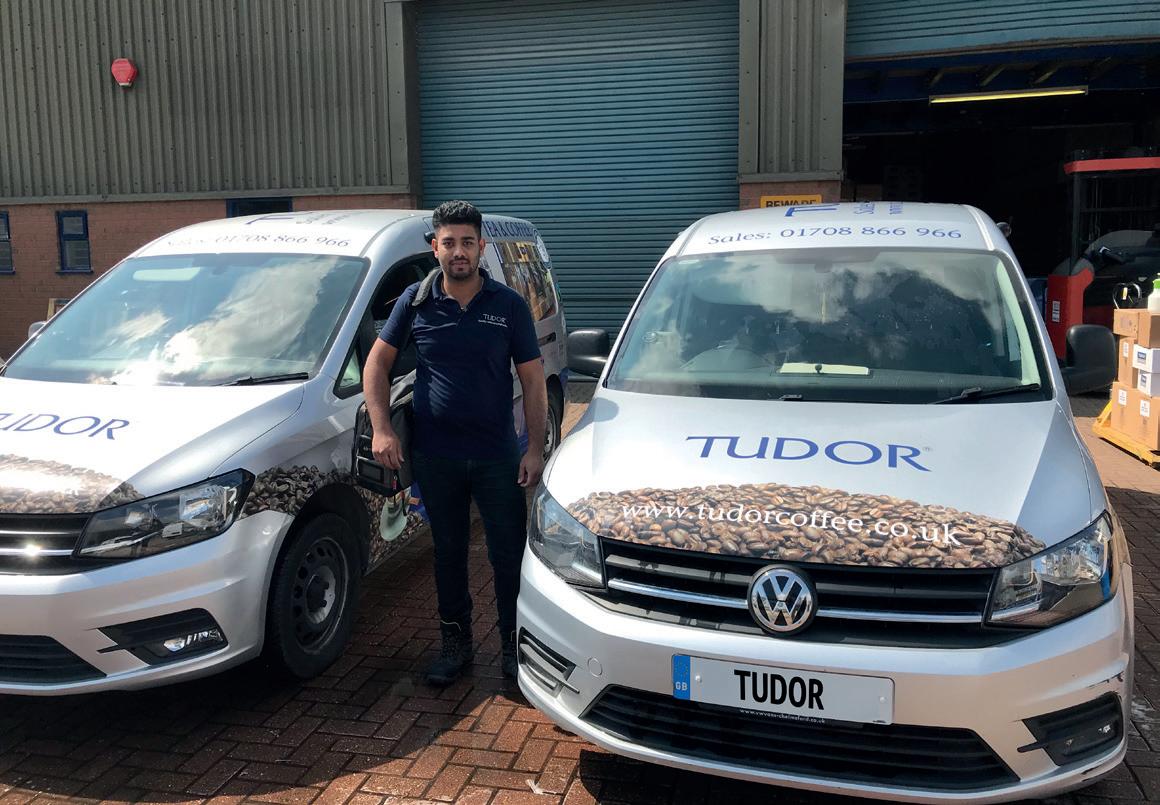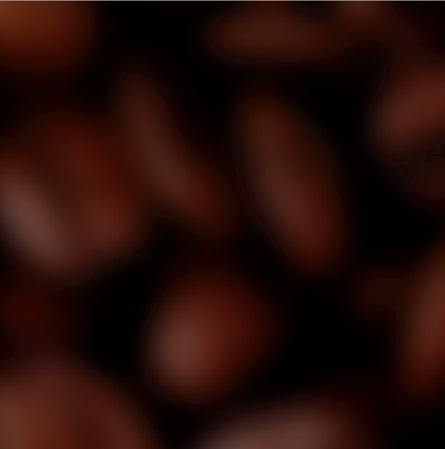
2 minute read
PACKAGING
“Plastic bowls, cutlery, balloon sticks, plates and trays will be banned, alongside types of polystyrene food containers and cups. Consumers can no longer buy these products from businesses such as takeaways and retailers.
“While the government’s decision should be welcomed, it is important to remember that the new products selected should be more sustainable than the single-use plastics they are replacing. If disposed of correctly, some single-use plastics are recyclable, yet issues arise when large quantities of these materials are littered.
“Therefore, businesses should ensure that they are not opting for materials with very few recycling options and infrastructure available. For example, compostable products may degrade quicker than plastics, but this is pointless without separation from other waste streams.”
So, what can businesses do to maximise the environmental benefits of their switch from single-use plastics? Nathan Grey suggests the following.
Conduct a plastic audit
One of the first things businesses should do is to identify every piece of plastic used during their operations. The goal should be to calculate the total plastic weight used as well as the different types of plastic.
Itemising each material gives a complete overview of business operations. An audit should be separated into plastic items sent to waste, and those which will be recycled.
Calculating the true impact of an enterprise upon the planet can be a compelling motivator to adopt more sustainable practices which can then be communicated across the workforce.
Reduce your usage
A plastic audit should help you establish which singleuse items are used in the largest quantities. Tackle these first by trying to source more sustainable alternatives. This could involve a conversation with your suppliers to source easily recyclable materials. It is best to take advice on what products are the most sustainable, in terms of recyclability, production and circularity credentials. Wood cutlery, though more expensive, may be a better alternative as it is 100% renewable and doesn’t contribute any plastic waste.
Consider reusable alternatives
If possible, try to promote products that are reusable such as steel cutlery, plastic tableware and ceramic plates. Of course, this will be easier in closed environments such as offices, canteens and restaurants. This is harder to achieve in an open street food or takeaway environment but could be tempered with a deposit scheme.
Some music venues such as Glasgow’s OVO Hydro, for instance, operate a £1 deposit scheme with every drink they sell – the £1 is refunded at the end of the evening upon return of the cup, which can be reused up to 300 times.
Recycle and repurpose
Businesses should also look to extend the life cycle of their plastic products through recycling and reuse. The cyclical nature of this process allows materials to be re-used again in manufacturing or operational procedures and doesn’t consign plastics immediately to landfill or ocean waste as in linear methods.
For any on-site waste, ensure that you have dedicated recycling bins available. You should also brief your employees accordingly on which materials go where and the benefits of following this.
One novel recycling incentive is the reverse vending machine which will collect plastic items in return for a monetary award. This could be a voucher or even a charitable donation.
Are you just putting up with Leaking Group Handles, Leaking Valves, Poor Crema on your coffee or substandard Steam Performance for foaming your milk?






























How about having a Group Head Service carried out for just £99.00 +VAT (excluding any parts fitted) if you have a 1, 2 or 3 Group machine1.


If you take advantage of this offer and recommend us to a new customer, then we’ll give you a free case of freshly roasted coffee beans2.



















